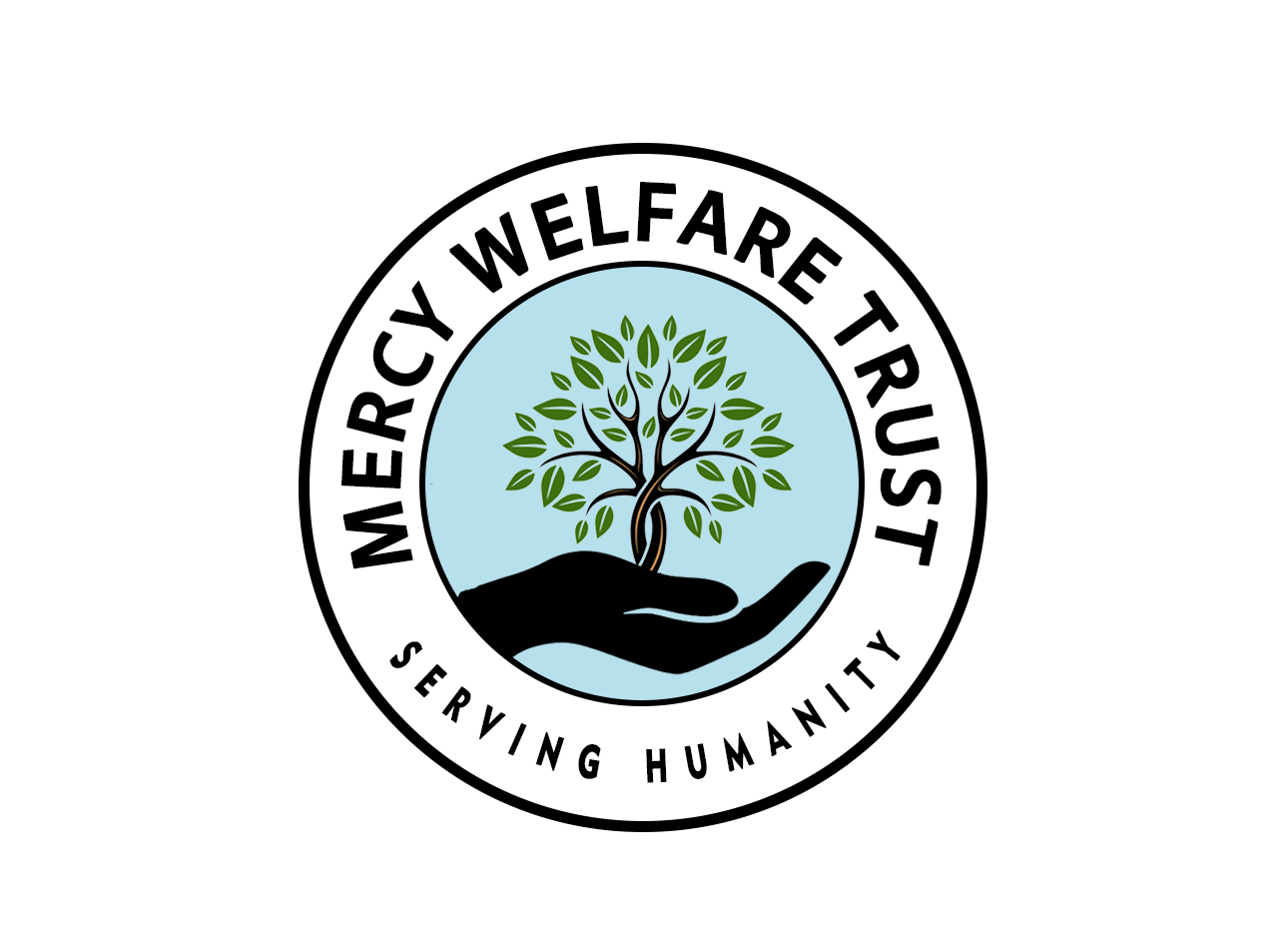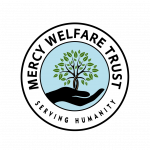What is Kaffarah
Kaffarah is a form of penance or atonement prescribed in Islam for serious violations of religious obligations. It serves as a spiritual and social means to make amends for deliberate transgressions, offering a path to repentance, correction, and moral accountability. Derived from the Arabic root k-f-r, meaning “to cover” or “to conceal,” Kaffarah is intended to “cover” the sin and earn forgiveness from Allah (SWT) through sincere action and sacrifice.
Kaffarah for Breaking the Fast of Ramadan Without a Valid Reason
One of the most significant forms of Kaffarah is for deliberately breaking a fast during the month of Ramadan without a valid excuse (such as illness, pregnancy, menstruation, or travel). Intentionally eating, drinking, or engaging in marital relations during fasting hours without a Shari’ah-approved reason is considered a serious offense.
According to Imam Abu Hanifa (may Allah have mercy upon him) and many other scholars, the Kaffarah for such a violation follows a specific order of actions:
- To free a slave.
Again, this option is no longer applicable in today’s context. - To feed ten poor people two meals each.
The individual must provide two full meals to ten needy people, ensuring that their basic food needs are met. - To clothe ten poor people.
Providing each of ten individuals with appropriate clothing—enough to cover their body decently according to Islamic standards.
If someone is unable to do any of the above due to financial hardship or other constraints, then:
- They must fast for three consecutive days.
This serves as a personal form of expiation when material resources are lacking. The three days of fasting must be consecutive to fulfill the requirement.
The Wisdom Behind Kaffarah
Kaffarah is not merely a punishment—it is a remedial and redemptive act. It offers a believer the opportunity to return to Allah in humility and correct their mistake through sincere repentance and meaningful compensation. It promotes personal accountability while also encouraging generosity, compassion, and care for the underprivileged.
These acts are a means of spiritual cleansing, just as much as they are acts of social welfare. By fasting, a person renews their discipline and spiritual focus. By feeding or clothing the poor, they contribute to the upliftment of society and fulfill their duty towards fellow human beings.
“But those who repent and make amends and declare (the truth), to them I turn in forgiveness; and I am the Most Merciful.”
(Qur’an 2:160)

